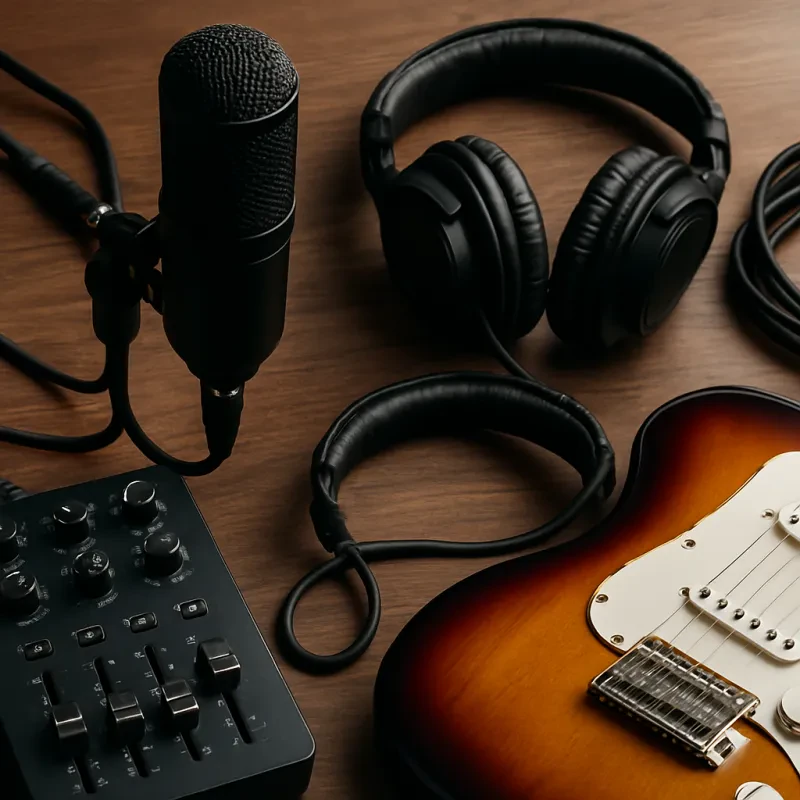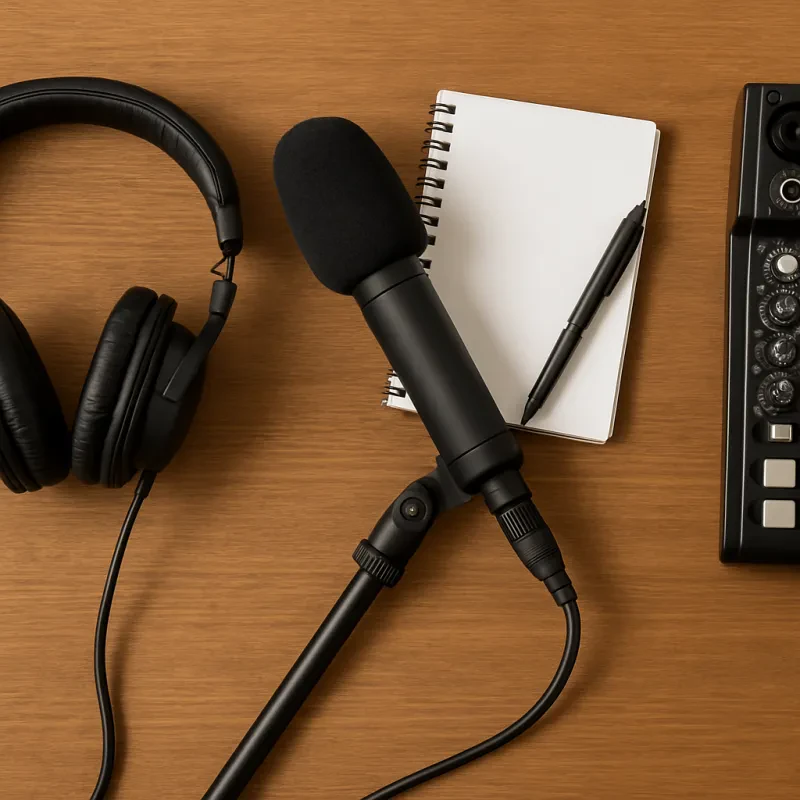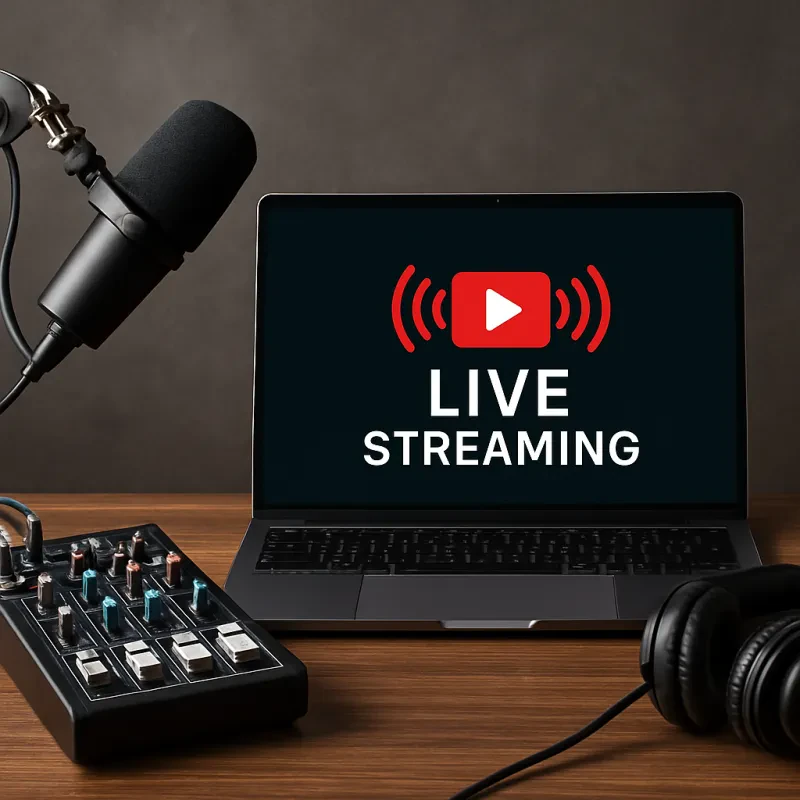Getting started in podcasting can be super exciting, but the gear you choose will make a big difference in how your audio sounds. If you’re on the hunt for the best podcasting equipment for beginners, you’ll want tools that are easy to use, won’t break the bank, and will help your voice shine.
First off, you'll need a solid microphone. A USB mic is often a great starting point because it’s simple to plug in and start recording. Look for models like the Blue Yeti or Audio-Technica ATR2100x. Both deliver clear sound quality without a hefty price tag, making them perfect for newcomers.
Next, consider headphones. A good pair helps you catch any audio issues during recording and editing. Look for closed-back models like the Audio-Technica ATH-M50x or Sony MDR-7506. They deliver great sound and keep outside noise at bay, so you can focus on your podcast.
Lastly, don’t overlook the importance of editing software. Programs like Audacity or GarageBand are free and user-friendly. They offer all the basic functions you need to tweak your episodes and get them sounding just right. Plus, there are loads of tutorials online to help you learn the ropes!
Essential Accessories You Can't Miss
When you're diving into the world of podcasting, having the right accessories can make a world of difference. These essential items complement your gear and help you create the best podcasting equipment for beginners without breaking the bank. Here’s a rundown of what you shouldn’t skip!
These accessories might seem small, but they play a vital role in boosting your podcast’s quality. With these tools in your arsenal, you'll be all set to create engaging content that keeps listeners coming back for more!
Tips for Choosing the Right Mic
Choosing the right mic can make a huge difference in the quality of your podcast. So, here are some easy tips to help you pick the mic that suits your needs. Remember, it’s all part of getting the best podcasting equipment for beginners.
Consider your recording environment: Think about where you’ll be recording. If you’re in a quiet room, a condenser mic might work well. But if you’re in a noisy area, a dynamic mic that picks up less background sound could be your best bet.
Check the connection type: USB mics are super simple to use and connect directly to your computer. XLR mics, on the other hand, often provide better sound quality but require an interface, which adds some complexity. If you want straightforward setup, go for USB. If you're looking to build a more impressive setup later, an XLR mic might be worth considering.
Think about your budget: Good podcasting mics can be found at various price points. Set a budget that works for you. There are plenty of options in the affordable range that deliver excellent sound quality, which is key when you’re picking the best podcasting equipment for beginners.
Test it out: If possible, try out different mics before making a purchase. Many local music stores have mics you can test. Listen for clarity, warmth, and how it handles different volumes. It’s a great way to find the right fit for your voice!
Setting Up Your Space for Success
Setting up your space for podcasting is a crucial step in creating great content. The right environment can make a huge difference in the quality of your recording. Start by finding a quiet place where you won’t be interrupted. Look for a room with carpets, curtains, or furniture to help minimize echoes. If you’re in a bare space, just throwing up some blankets can work wonders!
Next, think about your lighting. It’s important for video podcasts, but even if you’re just doing audio, good lighting can help keep you energized and focused. Natural light is great, but if that’s not available, a soft lamp can create a cozy atmosphere.
Now, let’s talk about the layout. Position your microphone at a comfortable height, ideally at mouth level, so you can speak directly into it without straining your neck. Keep your podcasting equipment within arm’s reach but out of the way, which will help you stay organized and focused while you record.
Lastly, don’t forget to test everything! Run some practice recordings to check the sound quality and adjust your position as needed. This little step can help you ensure the best podcasting equipment for beginners works perfectly for you. Happy podcasting!


